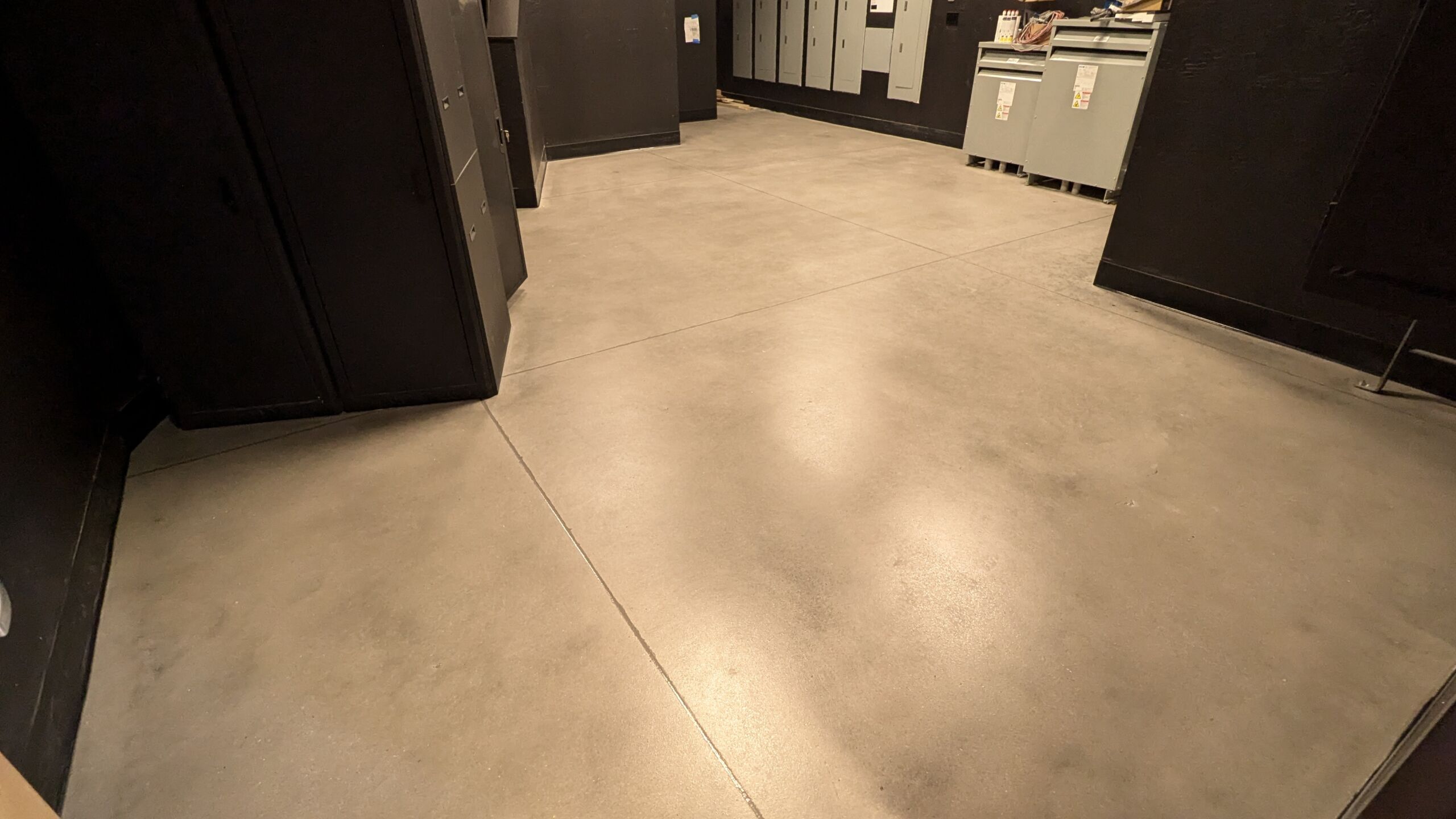Epoxy coatings transform dull, vulnerable concrete floors into sleek, resilient surfaces that endure heavy use. With their ability to combine aesthetics with performance, epoxy floors have become the go-to solution for residential garages, industrial facilities, and stylish commercial spaces.
Understanding Epoxy Coatings for Concrete Floors
Epoxy coatings are resin-based systems applied over concrete to create hard-wearing, chemical-resistant surfaces. Once cured, the result is a glossy, seamless finish that resists stains, abrasions, and impacts.
Benefits of Epoxy Coatings for Concrete Floors
- Durability: Epoxy forms a solid, impact-resistant surface capable of withstanding heavy machinery and foot traffic.
- Aesthetic Appeal: Available in a myriad of colors, textures, and finishes, including metallic and flake designs.
- Easy Maintenance: Smooth, non-porous surfaces make cleaning spills and stains a breeze.
- Chemical Resistance: Ideal for garages and workshops, protecting floors from oil, gasoline, and solvents.
- Longevity: A properly installed epoxy floor can last 10–20 years with minimal upkeep.
Types of Epoxy Coatings for Concrete Floors
Standard Epoxy Coating
A classic choice for both residential and commercial use, standard epoxy provides a durable and budget-friendly option. It’s best for areas with moderate foot traffic but may become slippery when wet.
Metallic Epoxy Flooring
A luxury option, metallic epoxy offers stunning, three-dimensional color effects reminiscent of marble or flowing lava. It is highly durable but requires expert installation.
Epoxy Flake Flooring
Flake epoxy integrates decorative chips into the coating, providing texture and slip resistance. It’s a perfect choice for garages and warehouses.
Self-Leveling Epoxy
This type of epoxy automatically spreads to fill cracks and create a perfectly smooth, seamless surface. Commonly used in hospitals and industrial settings.
Quartz Epoxy Flooring
Combining epoxy resin with quartz granules, this flooring is highly durable and slip-resistant, making it ideal for high-traffic areas.
Garage Floor Epoxy
Specifically formulated for residential garages, this epoxy withstands chemicals, oils, and abrasions, ensuring a long-lasting and easy-to-maintain surface.
Comparison Table: Epoxy Coating Options
| Epoxy Type | Pros | Cons | Ideal For | Price Range (per sq. ft.) | Durability | Maintenance |
| Standard Epoxy Coating | Affordable, strong & durable | Can be slippery when wet | Residential & commercial floors | $3 – $7 | 5–10 years | Low |
| Metallic Epoxy Flooring | High-end, decorative finish | Expensive, requires professional install | Luxury garages, showrooms | $7 – $15 | 10+ years | Low |
| Epoxy Flake Flooring | Slip-resistant, hides imperfections | More textured than smooth epoxy | Garages, warehouses, commercial spaces | $5 – $10 | 7–12 years | Low |
| Self-Leveling Epoxy | Smooth, even surface | Costly installation | Industrial spaces, hospitals | $4 – $8 | 8–15 years | Low |
| Quartz Epoxy Flooring | Extra durability, enhanced traction | Higher cost | High-traffic commercial areas | $6 – $12 | 10+ years | Low |
| Garage Floor Epoxy | Resistant to oil & chemicals, easy to clean | Requires thorough surface prep | Residential garages, workshops | $4 – $8 | 5–10 years | Low |
Cost to Epoxy a Garage Floor
The cost to epoxy a garage floor ranges from $3 to $15 per square foot, depending on the type of epoxy and floor preparation required. Standard epoxy is the most affordable, while metallic and quartz varieties sit at the premium end.
Epoxy Coating Installation Process
- Surface Preparation: Grinding or acid-etching the concrete to ensure proper adhesion.
- Crack Repair: Filling in cracks and chips to create a smooth base.
- Primer Application: Applying a primer layer to enhance adhesion.
- Epoxy Coating: Spreading the epoxy resin evenly across the surface.
- Topcoat Application: Adding a protective topcoat to boost durability and shine.
- Curing: Allowing the floor to harden for at least 24–72 hours before use.
Maintenance and Longevity of Epoxy Floors
Epoxy floors are low-maintenance but benefit from routine cleaning with mild detergents. Avoid harsh chemicals and abrasive tools. With proper care, epoxy coatings can last over 10 years, making them a cost-effective flooring solution.
Frequently Asked Questions (FAQs)
What is an epoxy coating?
Epoxy coating is a resinous material applied over concrete to create a strong, durable, and seamless floor surface.
Is epoxy coating waterproofing?
Yes, epoxy is resistant to water and moisture, making it suitable for damp environments such as basements and garages.
What is the disadvantage of epoxy coating?
Epoxy can be slippery when wet, may yellow with prolonged UV exposure, and requires proper surface preparation for longevity.
Why do we use epoxy paint?
Epoxy paint is used for its durability, chemical resistance, and ability to create a seamless, easy-to-clean surface.
What is epoxy best used for?
Epoxy is best used for garages, warehouses, industrial floors, and commercial spaces due to its strength, durability, and chemical resistance.
Epoxy coatings for concrete floors are an investment in both durability and style. From residential garages to commercial showrooms, these resilient floors offer long-lasting protection, minimal maintenance, and stunning finishes. By understanding the types, costs, and benefits of epoxy coatings, you can confidently choose the perfect solution for your space.

